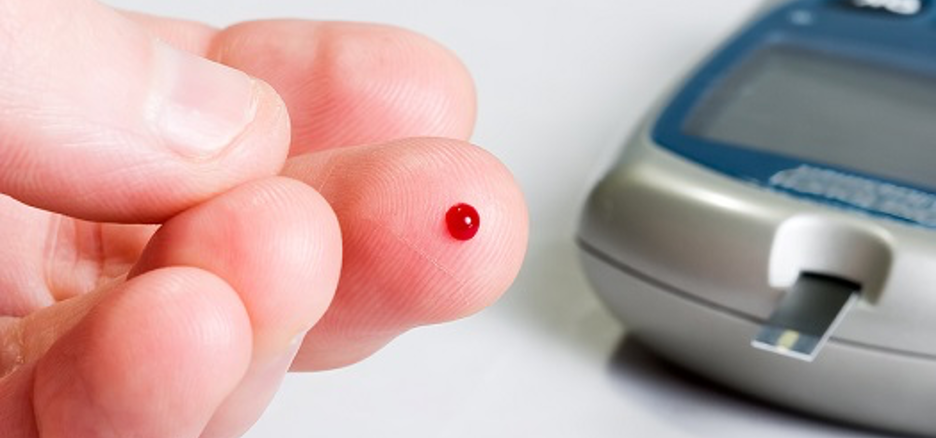Find out more about diabetic screenings and whether you should have one.
You’ve probably read in magazines or heard in news reports about the serious increase in Type 2 diabetes cases in the United States. Unfortunately, even with all the warnings and discussions, it’s believed that as many as one-third of those with this serious health problem don’t even know they have it. From the office of your Woodridge family doctor, find out more about diabetic screenings and who should be getting screened.
Who should get a diabetic screening?
If you are dealing with any risk factors for diabetes, then it’s important that you get a diabetic screening in Woodridge routinely to make sure the problem is detected as soon as possible to prevent health complications. Otherwise, the American Diabetes Association advises people over the age of 45 years old to get screened every three years, especially if they are obese or overweight.
What are the risk factors associated with diabetes?
- A family history of diabetes
- Being overweight
- Living a sedentary lifestyle
- Race/ethnicity
- High blood pressure
- A history of gestational diabetes
- Polycystic ovary syndrome
How do I get screened for diabetes?
The best way to diagnose whether you have diabetes or not is through a test known as the fasting plasma glucose test (FPG), which is the most simple test to perform. Before your test, you will be instructed not to eat for at least eight hours. During the test blood will be drawn and analyzed.
Another method for diabetic screening is the casual plasma glucose test. You won’t have to fast before the test and blood is drawn without worrying about the last time you ate.
How do I read my results?
Normal blood sugar ranges from 70 to 100 mg/dL for those without diabetes, but in order to diagnose someone with diabetes your fasting blood glucose level must be at least 126 mg/dL or higher on two different blood tests.
Some people have normal blood sugar readings during their fasting test but their blood sugar may surge whenever they eat. This means there is impaired glucose intolerance and if your blood sugar levels are too high then you may be diagnosed with diabetes.
For patients who get a casual plasma glucose test, a glucose reading of 200 mg/dL may mean you have diabetes, but more than likely we will need to repeat the test to see whether we get the same results. Repeated tests with the same high results will most likely indicate that you have diabetes.
If you are at risk for diabetes or if you start to notice early warning signs then it’s time you called our Woodridge, IL medical office to schedule an appointment. Woodridge Clinic is here to provide you with the best medical care in the Chicagoland area.

